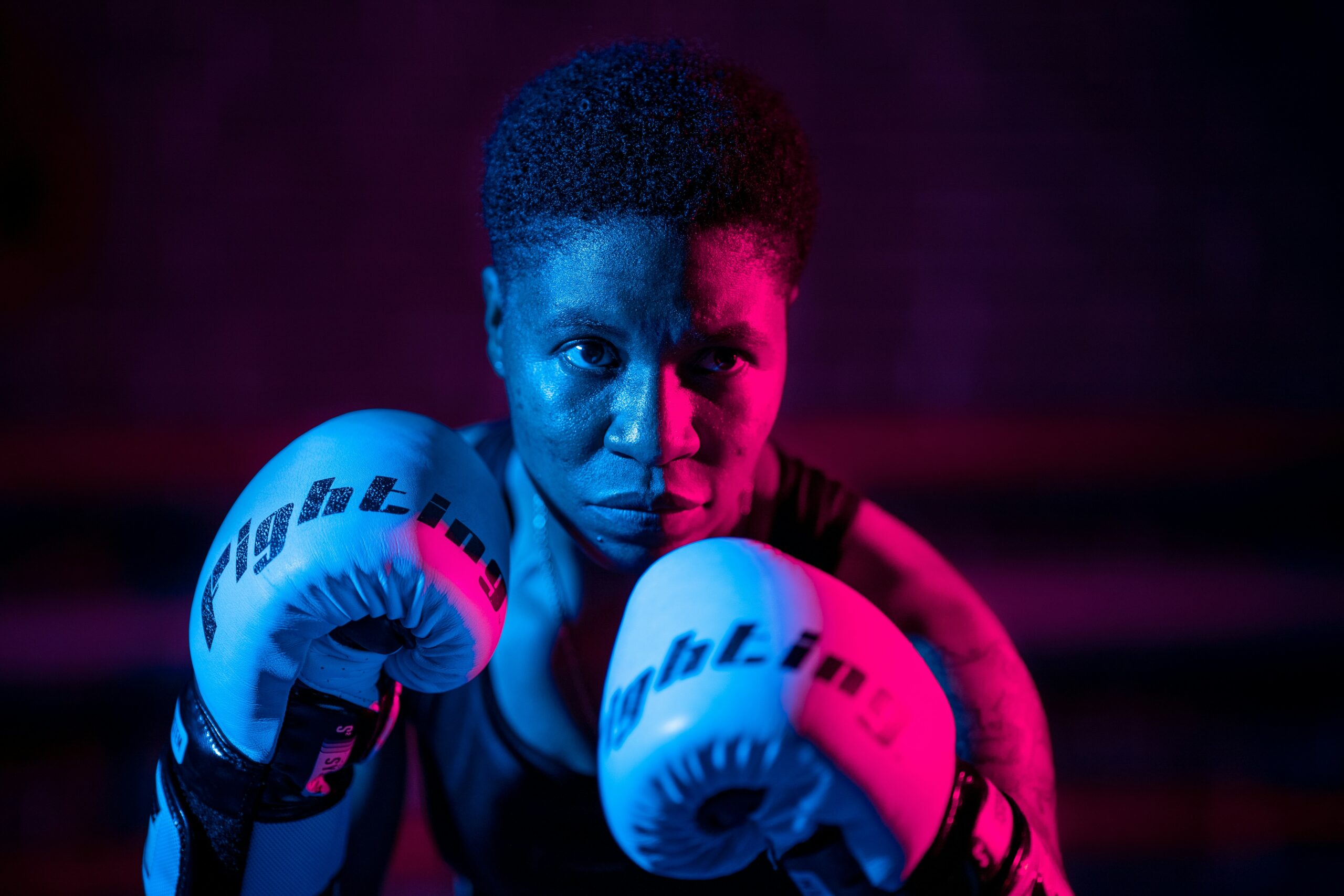The use of war language surrounding the conversation of cancer — using words like battle, combat, enemy, lose and win — may influence the understanding of cancer and how a patient responds to it.
In July 2017, I was diagnosed with stage IA, grade II, ovarian cancer. I was just shy of my 21st birthday and amongst what felt like endless procedures and treatments to come.
After I told my family and friends back in Wisconsin the news via Facebook, I thought it was beautiful to see all the well-wishers commenting with their support. However, I recognized that most of the language surrounding this diagnosis had revolved around battle rhetoric.
“You’ll beat this”
“Cancer isn’t as tough as you”
But in war, we are taught there are winners and losers. Does war, a conflict with the sole objective to destroy the enemy’s ability to fight, accurately accomplish what we are trying to say?
I know my friends and family meant well. Like them, I grew up hearing cancer described as a combat, something you “beat” if you have enough “fight” in you.
Military metaphors were always familiar, but they stopped making sense when the war was my own physiology. Was I the soldier or the prisoner? When cancer, a disease with no cure for it, has spread and shut down other organs leading to death, have we as “fighters” failed?
It makes me wonder what my cells are going to do when I’m not paying attention.
While I do recognize that these violent words may help others during their experience with cancer, it can breed further isolation for a young adult with a rare disease — one comprising less than 0.5 percent of all ovarian cancers.
In my experience, having cancer was not a fight but rather a concurrence where I was forced to live with this diagnosis day in and day out. After all, cancer has arisen from within my body, and to fight it would be waging war on myself.
Cells must divide inside of us every day to remain alive, to grow, and to repair our bodies. Sometimes this process goes wrong and results in cancer.
I understand why this combat language has penetrated the media and everyday life as it is meant to evoke positivity during an unimaginably difficult time.
However, I believe it can have opposite effects on survivors as they potentially face death, so we need to challenge the perception and break away from how we have been conditioned to approach the language surrounding cancer.
Even for those who are said to “conquer” the disease, it will remain with them for the rest of their lives. They may be left disfigured by treatment and have to live with the constant paranoia of recurrence.
As a survivor, my whole existence post-treatment has revolved around starting the conversation too many are scared to have, and not judging what others have to contribute. I know it is often difficult to find the words to say when you hear a cancer diagnosis, and ultimately people find what works best for themselves.
For me, battle metaphors have isolated me even more and so I would only hope that going forward people would spread a message of love instead of the pressure of a death sentence.
I didn’t win or lose, my chemotherapy worked. I do not feel comfortable saying I beat it because it had less to do with me and more to do with my cell type. It’s a success, not a win. Even for someone who is dying, they can still be successful.
With the battle metaphors used as they are today, I do not want to feel a failure about something beyond my control. I refuse to believe anyone’s death will be because they did not battle hard enough — no one wants to be remembered as a loser.
Those interested in learning more about my story should visit my blog.


